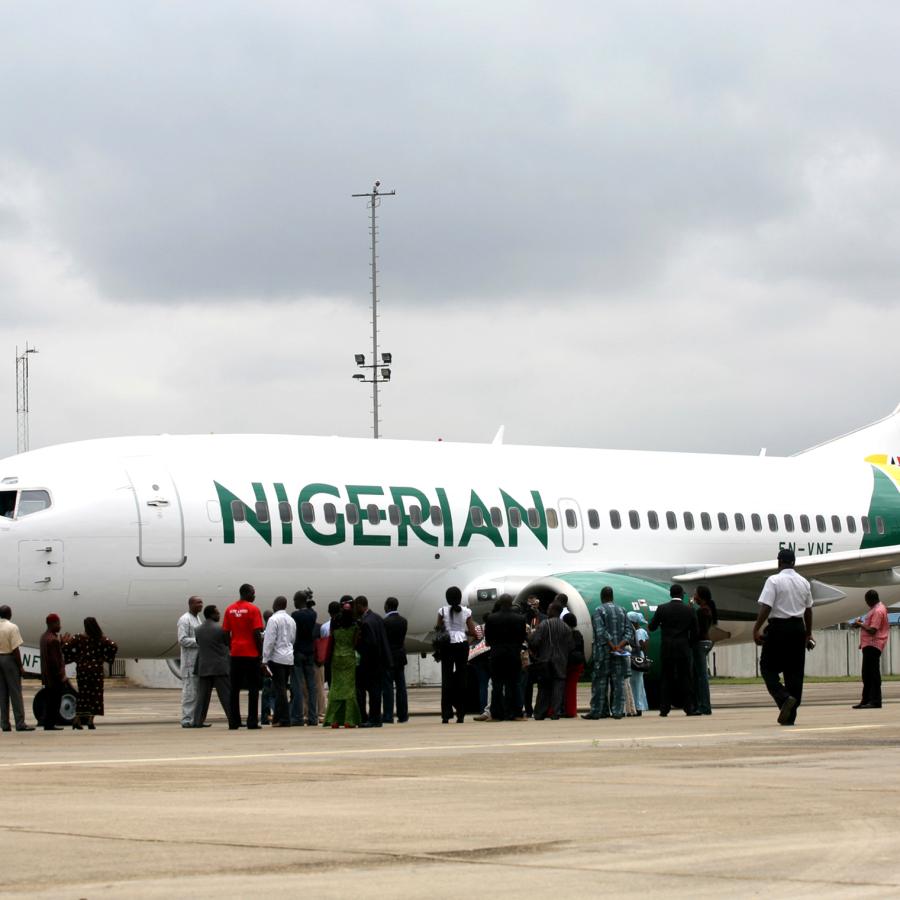There are no products in your shopping cart.
| 0 Items | £0.00 |


NIGERIAN airfare prices have skyrocketed over recent days as a result of the growing foreign exchange scarcity which the International Air Transport Association (IATA) says could be a big blow to attempts to revive the sector post-coronavirus.
Like most other countries in the world, Nigeria's aviation industry has been hit hard by the Covid-19 pandemic as international travel was virtually on hold for a year. With the easing of the lockdown, the industry had been hoping for a rapid recovery but unfortunately, it has now become victim to the scarcity of foreign exchange, which has led to prices rising in the run-up to Christmas.
Nigerians like holidaymakers anywhere else, tend to travel a lot over Christmas but with limited dollars available due to a reduction in foreign direct investment, international visitors and commerce generally, travellers are having to pay more for the tickets. Airlines have upped their fees to make up for the loss of foreign currency which they normally enjoy in the run-up to Christmas.
With foreign exchange scarce, the Central Bank of Nigeria (CBN) is refusing to allow airlines access to over $208m in its vaults. There are fears that if the airlines get hold of this cash, they will repatriate it immediately, causing further damage to the economy it will deplete the nation's foreign exchange even more.
Travel companies said that air ticket pricing had gone up as agents were bound to issue tickets based on the exchange rate stipulated on the IATA platform. With the value of the naira falling against the dollar due to the foreign exchange scarcity, Susan Akporiaye, the president of the National Association of Nigeria Travel Agents, said the situation could have dire consequences for the industry.
She added: “What is now happening is unfortunate and it is not good for our industry. I think it was necessary because there is a big disparity between the bank rate, airline rate and the black market rate. Before now, the airline rate was N415 to the dollar, while the black market rate was N580 to the dollar.
“If foreign airlines were getting forex as and when due, there probably wouldn’t have been the need for the increase in IATA rate. These are foreign airlines, they are not Nigerian, so their funds have to go back to their countries.”
Bismarck Rewane, a leading analyst and the chief executive of Financial Derivatives Company, said the backlog of funds running to $208m was due to the aftermath of the peak season travel in summer. While linking the development to low oil price and production by Nigeria, Mr Rewane expressed the hope that the CBN would sell forex to carriers to enable them repatriate their funds soon.